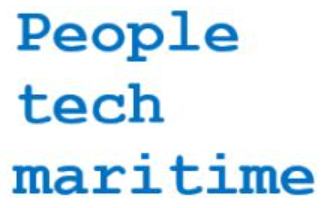One of our basic ideas here is that low code built software tools could be used to help domain experts make decisions.
That’s an idea which not many people seem to have thought of yet.
Most “Low Code” software companies are in the realm of online forms, data collection, lightweight business process management (re previous blog).
Helping domain experts make decisions involves a different set of tools.
We can think of:
DATA GATHERING AND PRESENTING
– Gathering data (from multiple sources, including searching the corporate archive)
– Interpreting available data (spotting anomalies, automatically classifying and indexing unclassified data, spotting patterns, statistical analysis)
– Visualising available data in various ways (like Spotfire can do)
– Higher level analysis – calculating key performance indicators or other indicators
– Data from last time something like this happened
REASONING
– Case based reasoning – what did we do last time something like this happened? Is there a story available?
– Diagnosis / analysis tools, particularly in engineering, possibly in economics – what is going on this time?
GOAL ANALYSIS
– What am I trying to achieve here? How do I manage conflicting goals?
MESS ANALYSIS
– Overall, how far away am I from where I would ideally like to be? Am I close to a danger zone?
